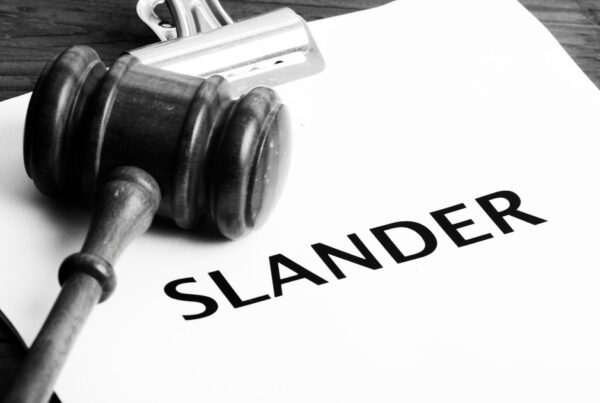In the world of construction and real estate in Florida, lien claims can be a major headache for both property owners and contractors. These claims can delay projects, tie up funds, and create costly disputes.
Fortunately, there are best practices that can help prevent lien claims and ensure a smooth construction or renovation process. In this blog post, we’ll explore these practices to help property owners and contractors avoid lien claims and the stress that comes with them.
Understanding Lien Claims
A lien claim is a legal claim against a property for payment owed to a contractor, subcontractor, or supplier who provided labor or materials for a construction project. In Florida, lien laws are designed to protect these parties by providing a mechanism for securing payment.
However, lien claims can lead to complications for property owners, such as:
- Delays in projects: Lien claims can halt construction or sales transactions until resolved.
- Financial constraints: Lien claims may impact the property owner’s finances and access to funding.
- Legal disputes: Disputes over lien claims can result in costly and time-consuming legal battles.
Best Practices for Property Owners
As a property owner, you can take proactive measures to prevent lien claims and safeguard your property:
- Clear Contracts: Ensure contracts with contractors, subcontractors, and suppliers clearly outline terms and conditions, including payment schedules and expectations.
- Request Lien Releases: Obtain lien releases from contractors and suppliers upon payment. These documents confirm that they have been paid and waive their right to file a lien claim.
- Monitor Payments: Keep track of payments and ensure they align with the contract terms. Prompt payments can help prevent disputes and potential lien claims.
- Post a Notice of Commencement: In Florida, property owners must post a Notice of Commencement before starting construction. This document informs potential lien claimants about the project and helps manage claims.
- Work with Reputable Professionals: Choose experienced contractors and suppliers who have a track record of completing projects on time and within budget.
Best Practices for Contractors
Contractors can also take steps to minimize the risk of lien claims and maintain positive relationships with property owners:
- Provide Accurate Estimates: Be transparent about costs and timelines in your estimates to avoid misunderstandings or disputes later on.
- Use Proper Documentation: Maintain clear and organized records of work performed, materials used, and invoices sent. Proper documentation can support your claim if a dispute arises.
- Communicate Regularly: Keep property owners informed about project progress and any changes that may impact costs or timelines.
- File Notices Promptly: In Florida, contractors must file a Notice to Owner within a specific timeframe to preserve their lien rights. This notice informs the property owner of the contractor’s involvement in the project.
- Negotiate Payment Terms: Work with property owners to establish fair and clear payment terms. This can help avoid misunderstandings and potential disputes.
How to Resolve Lien Claims
If a lien claim does arise, it’s important to act quickly to resolve it:
- Communicate: Open a dialogue with the other party to understand the claim and negotiate a resolution.
- Consult Legal Counsel: An attorney experienced in construction law can provide guidance on your rights and options.
- Consider Mediation: Mediation can help resolve disputes without going to court.
- Take Legal Action: If necessary, you may need to take legal action to protect your interests and resolve the lien claim.
Conclusion
Preventing lien claims in Florida requires proactive communication, clear contracts, and proper documentation from both property owners and contractors. By following these best practices, you can minimize the risk of disputes and ensure a successful construction project.
For more assistance with a lien claim or if you need legal advice on construction law, contact one of our experienced attorneys at 305-570-2208. You can also email our lead attorney Eduardo directly at eduardo@ayalalawpa.com.
We at Ayala Law PA are passionate about helping those in legal need, so please don’t hesitate to schedule a case evaluation with us online here.
Subscribe to Our Blog
Stay informed with our latest blog posts delivered directly to your inbox. Gain valuable legal insights, tips, and advice from our seasoned attorneys.







